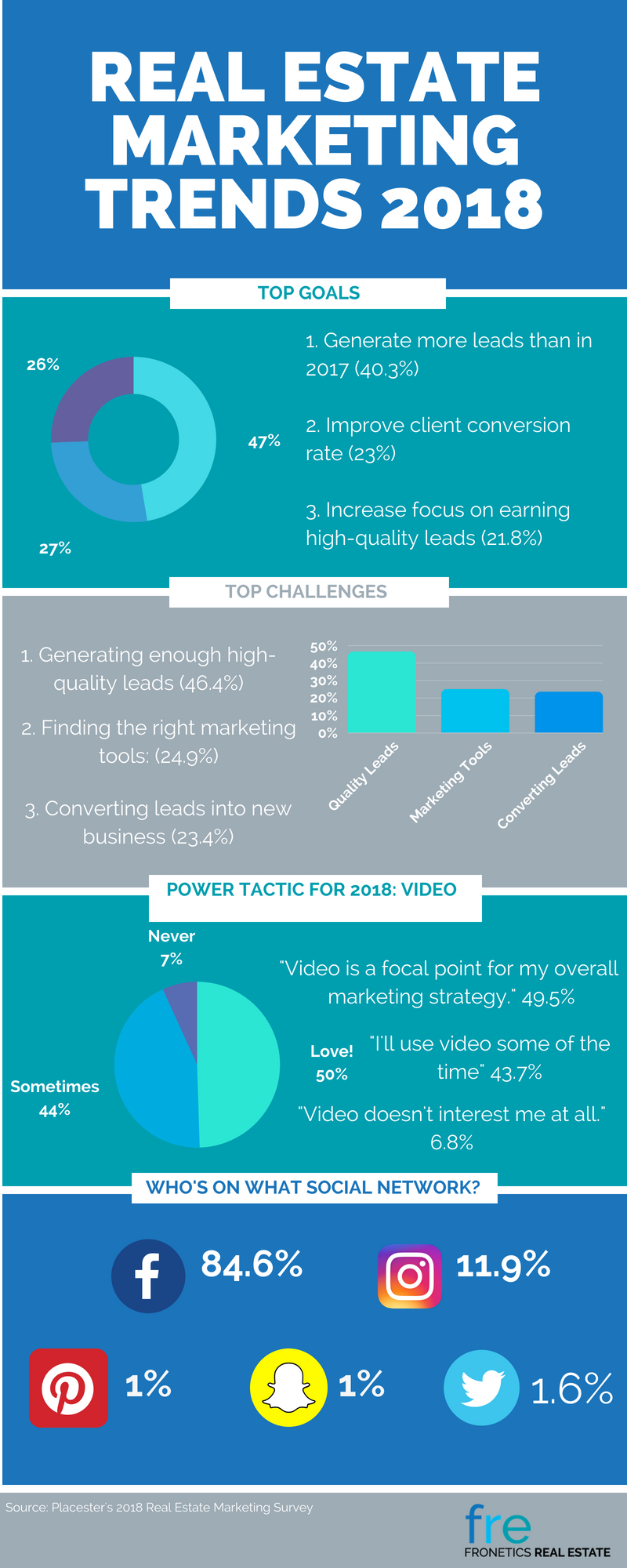Future Trends In Real Estate Planning: What To Anticipate In The Following 5 Years
Future Trends In Real Estate Planning: What To Anticipate In The Following 5 Years
Blog Article
Content Written By-Lynn Godfrey
As you look ahead to the following five years in real estate planning, brace on your own for a landscape formed by technical innovations, changing demographics, and a growing focus on sustainability. Virtual reality scenic tours and artificial intelligence are simply the start. The future holds a tapestry of technology waiting to transform just how we think of residential or commercial property and community advancement. Remain tuned for a peek into what exists ahead in the world of property preparation.
Technological Innovations in Realty
When considering the future fads in realty preparation, it's essential to think about the influence of technological innovations. Advancements in modern technology are changing the property sector, changing the way homes are purchased, marketed, and took care of.
Virtual reality trips allow possible purchasers to discover buildings from the comfort of their homes, saving time and making the process more reliable. Additionally, artificial intelligence is being utilized to evaluate market fads and anticipate future home worths, helping investors make informed choices.
Smart home technology is another considerable development shaping the realty landscape. From energy-efficient home appliances to safety systems that can be controlled from another location, these functions are coming to be increasingly popular among buyers. Furthermore, blockchain modern technology is simplifying transactions by giving safe and clear methods for carrying out property bargains.
Accepting these technological technologies will be critical for real estate organizers to stay affordable and meet the evolving needs of customers. By including these advancements right into their approaches, professionals can enhance the overall experience for buyers, vendors, and capitalists alike.
Altering Demographics Impacting Planning
With group shifts influencing realty planning, it's important for specialists in the industry to adjust to transforming population trends. As the population ages, there's an enhancing requirement for age-friendly housing and services. https://www.dailystrength.org/journals/the-need-of-consulting-a-realty-planning-legal-representative-cr are downsizing, seeking walkable communities with accessibility to health care and leisure activities. This fad is also seen with millennials, that prioritize comfort and sustainability, driving the need for mixed-use advancements and eco-friendly areas.
Moreover, the enhancing diversity within the population requires even more comprehensive planning strategies. Culturally varied neighborhoods need rooms that satisfy different preferences and customs. Real estate specialists need to consider these aspects when making and marketing residential properties to guarantee they reverberate with a broader audience.
In addition, the rise of remote work is improving real estate choices. With power of attorney to sell property functioning from home, there's an expanding need for home offices, high-speed internet accessibility, and versatile home.
This shift is affecting the advancement of suv and backwoods as practical options to urban living. Adjusting to these transforming demographics will be important for effective realty planning in the coming years.
Sustainable Growth Practices
The developing landscape of property planning is significantly concentrating on sustainable growth practices. As you look ahead to the next 5 years, integrating sustainable aspects into real estate projects will be critical. Welcoming sustainable practices not just benefits the atmosphere yet likewise enhances the worth and charm of residential properties.
Purchasing energy-efficient technologies, utilizing environmentally friendly materials, and advertising environment-friendly areas are ending up being conventional techniques in real estate growth. These campaigns not only decrease the carbon impact of buildings however likewise attract environmentally-conscious renters and purchasers.
Sustainable buildings are much more cost-efficient over time, as they eat less power and sources, leading to reduced functional costs.
Additionally, including sustainable functions can distinguish your real estate projects in an open market. Consumers are significantly prioritizing sustainability, and residential or commercial properties that align with their worths are most likely to attract attention.
Conclusion
In the following five years, realty planning will remain to advance with technical innovations, transforming demographics, and a focus on sustainability. Virtual reality trips, artificial intelligence, age-friendly real estate, and green features will shape the future of the sector. Remain ahead of the contour by welcoming advancement, inclusivity, and sustainable techniques in your realty preparation initiatives. The future is bright for those that adjust to these patterns and embrace the opportunities they bring.
